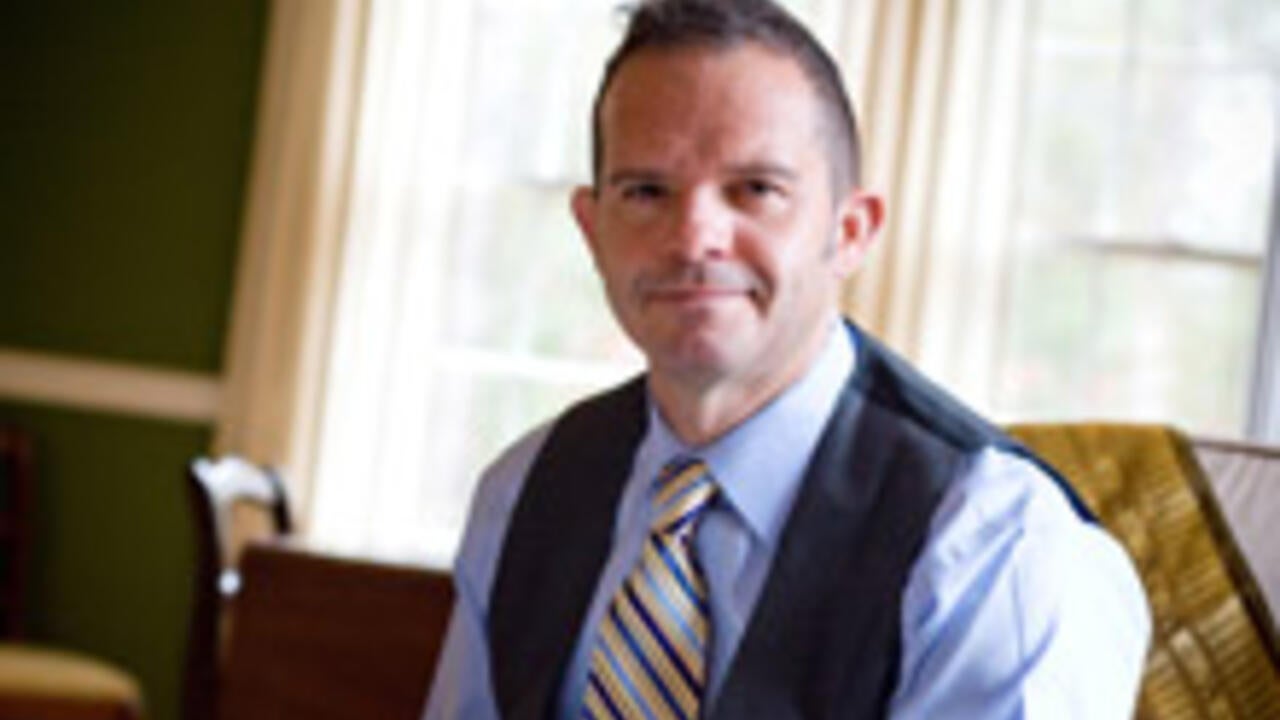
Creating safe places on campus for LGBTQ+ people
Waterloo’s Making Spaces workshops train staff, faculty and student allies to create more inclusive spaces

Waterloo’s Making Spaces workshops train staff, faculty and student allies to create more inclusive spaces
By Heather Bean University Relations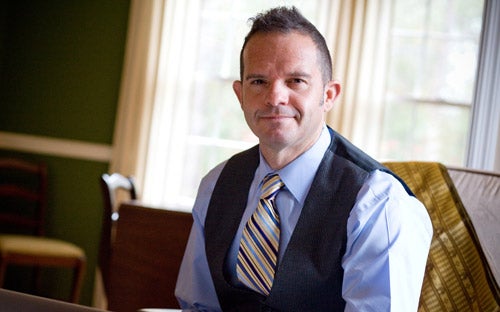
The University of Waterloo is home to Canada’s oldest LGBTQ+ student organization: today, it’s known as the GLOW Centre for Sexual and Gender Diversity. But when Corey Johnson joined the Recreation and Leisure Studies program as a professor in 2015, he was surprised to learn that the university didn’t yet have an LGBTQ+ ally program in place.
Luckily, he met Jeremy Steffler, a Waterloo grad and employee, and together they saw potential. “We thought, ‘Yes, we’re a little bit behind the ball, but how can we get ahead of it?’ It was a synergistic opportunity,” says Johnson. Along with a GLOW student coordinator, they hatched the idea for Making Spaces
The Making Spaces workshop is a collaborative, process-driven program that trains staff, faculty and student allies to create more inclusive spaces on campus for LGBTQ+ people. The workshop is run in small groups, and involves activities that give participants a sense of the kinds of experiences LGBTQ people have. A panel of LGBTQ+ student volunteers take part in each session, describing their own experiences on campus and answering questions from participants. After completing the workshop, participants can choose to become Space Makers and display a sticker on office doors or desks to identify themselves.
Collaboration has been a keyword for Johnson and Steffler since its November 2016 pilot launch. Johnson notes that each session brought new perspectives, which were incorporated into the program’s continued development. The result is a robust workshop that is at the same time flexible and adaptable to new and constantly evolving information.
“You can be a content expert, but the lived experience is what brings content to life,” says Johnson. “And having people trouble it, and having a conversation about the growth and changing nature of culture is super important.”
One of the program’s first Space Makers is Mary Robinson, associate director of First-Year Engineering, who often sees students who are suffering repercussions after questioning their sexual or gender identity. When she heard about the workshop, she signed up right away. “The activities chosen were really good at making participants feel what a student who does identify might face. The workshop has affected the way she’s preparing for this year’s cohort. “The Making Spaces logo was really important for me to have, from the start of term, to say, ‘I’m here, I’m a safe place.”
The program is already in high demand. Some departments have even asked to run it as a staff activity. But for Johnson and Steffler, it’s critical to keep the decision to become a Space Maker an individual one, not a mandate. Participants who have completed the workshop are asked to take a few days to consider the responsibility, and then submit a brief statement on why they want to join the Space Makers program. “That’s fundamental to the program,” says Steffler. “The moment it isn’t voluntary, you run into issues.” Johnson adds, “Those visual markers have to carry meaning. If one student has a poor experience with someone who is designated a Space Maker, that can delegitimize the entire program.”
Johnson has a long-term vision for the program: “I’d like to see more people be Space Makers on campus than not.” He’s also heartened by the senior administrators who are supportive of and interested in taking the workshop. The Equity Office is looking at ways to adapt its development model for other awareness workshops: the office’s director, Mahejabeen Ebrahim, says that a second phase of Making Spaces, focused on trans student experiences, will soon be launched, and that “next, we are going to focus on developing education and training in other areas such as Making Spaces for Indigenous people.”
“We all have something to learn from one another’s lived experiences, positive ones and negative ones,” says Johnson. “I get really excited when I think about that. That’s what higher learning is all about.”
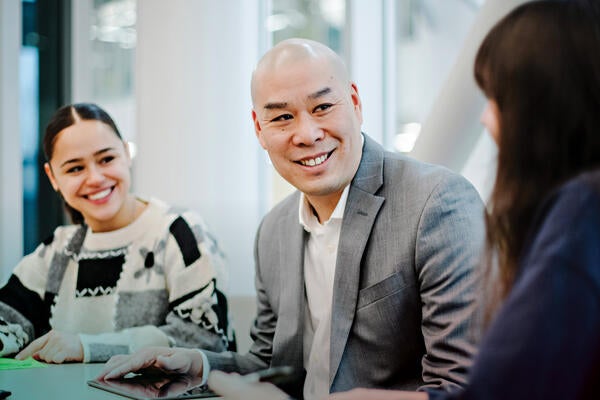
Read more
Waterloo graduate Simon Chan identifies three key stages to navigating the non-financial aspects of retirement
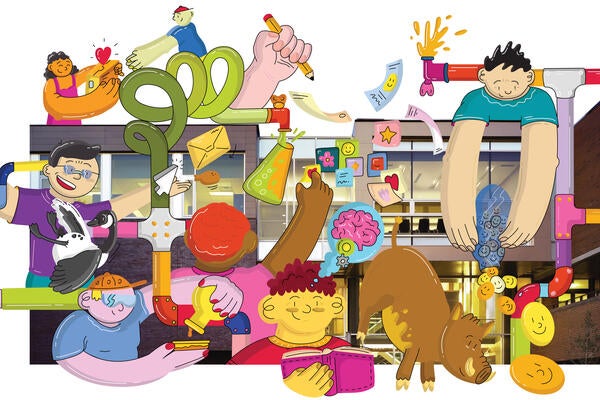
Read more
First-year students hone more than their research skills by exploring what it means to be happy
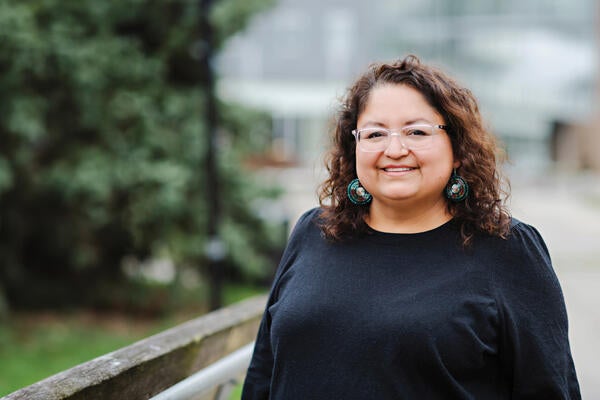
Read more
Robin Jones-Stadelbauer (BA ’12, BA ’22) shares how her experience as an Indigenous student inspires her current leadership role in Waterloo’s Office of Indigenous Relations
The University of Waterloo acknowledges that much of our work takes place on the traditional territory of the Neutral, Anishinaabeg and Haudenosaunee peoples. Our main campus is situated on the Haldimand Tract, the land granted to the Six Nations that includes six miles on each side of the Grand River. Our active work toward reconciliation takes place across our campuses through research, learning, teaching, and community building, and is co-ordinated within the Office of Indigenous Relations.